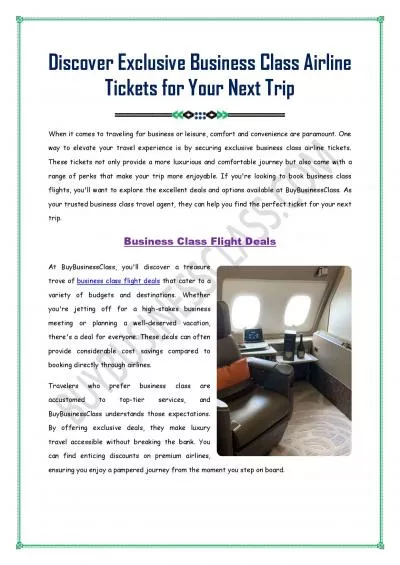PPT-CLASS SYLLABUS : Let’s
Author : experimentgoogle | Published Date : 2020-07-01
go Chap 1 media as the 4th Estate Black power versus white power Doc 1 gt The working of the media institution Video What happened to the news Local coverage
Presentation Embed Code
Download Presentation
Download Presentation The PPT/PDF document "CLASS SYLLABUS : Let’s" is the property of its rightful owner. Permission is granted to download and print the materials on this website for personal, non-commercial use only, and to display it on your personal computer provided you do not modify the materials and that you retain all copyright notices contained in the materials. By downloading content from our website, you accept the terms of this agreement.
CLASS SYLLABUS : Let’s: Transcript
Download Rules Of Document
"CLASS SYLLABUS : Let’s"The content belongs to its owner. You may download and print it for personal use, without modification, and keep all copyright notices. By downloading, you agree to these terms.
Related Documents














